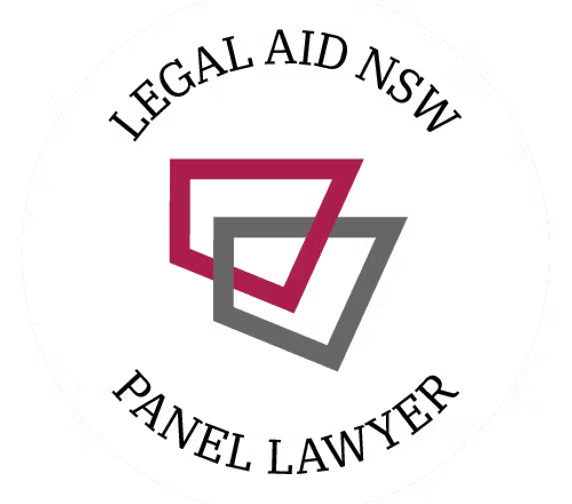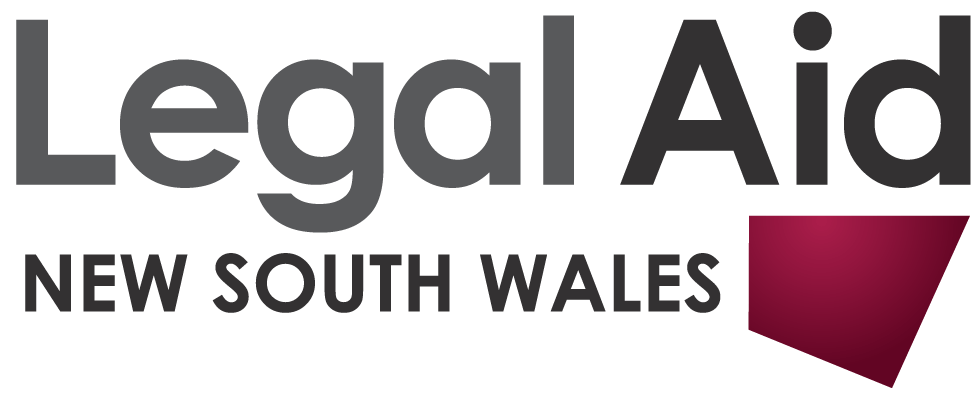What are Criminal Proceedings in the Children’s Court of Victoria?
The Children’s Court of Victoria plays a crucial role in the youth justice system, specifically designed to address offenses committed by young individuals. This specialized court handles cases where the defendant is under 18 years of age at the time of the offense or under 19 when proceedings begin. It is an integral part of the juvenile justice system, emphasizing rehabilitation and guidance over punishment.

Understanding criminal proceedings in this context is important for youths and their families. The process involves various stages, including initial hearings, potentially leading to outcomes like supervision orders or protective supervision orders. These measures aim to steer young offenders towards positive behavior changes while safeguarding their rights and well-being.
Legal representation is essential in navigating the complexities of these proceedings. A skilled legal team provides strategic advocacy and ensures that all parties understand their rights and obligations. With expertise in the intricacies of youth law, legal professionals can influence favorable outcomes, making a significant difference in a young person’s future. Engaging experienced representation early on can mitigate potential repercussions and guide families through this challenging journey with confidence and clarity.
In some cases, these proceedings may involve serious matters such as family violence offences. Understanding how these laws intersect with youth justice is vital for families dealing with such complex issues.
Our Expertise in Youth Criminal Justice Cases
At EAS Legal, our legal expertise in handling youth offenders cases is unmatched, offering both a wealth of experience and a track record of success. We recognize the unique challenges that arise when young individuals encounter the justice system. Understanding these complexities allows us to provide tailored solutions that prioritize the best interests of our clients.
Benefits of Choosing Our Firm:
Clients consistently commend our dedication, noting our ability to navigate complex legal landscapes with precision and empathy. The testimonials speak volumes about our commitment and the positive outcomes we achieve even in challenging scenarios. This unwavering focus on client success not only enhances trust but also underscores our role as leaders in youth criminal justice advocacy.
Legal Process in the Children’s Court
Understanding the Jurisdiction of the Children’s Court
The Children’s Court of Victoria has a special authority that only deals with offenses committed by individuals aged 10 to 17 years. This court operates under the Children, Youth and Families Act 2005, making sure that the focus is on rehabilitation instead of punishment. The court has the power to handle criminal cases, care and protection matters, and intervention orders, showing its wide-ranging role in youth justice.
Step-by-Step Guide to Court Procedures for Youth Cases
Navigating the legal process in the Children’s Court requires a thorough understanding of its procedures:
Filing of Charges:
- Charges must specify the alleged offense and be presented within time limits set by law.
- Initiated by police or authorized officers who file charges against a youth offender.
First Mention Hearing
- The initial appearance where charges are formally read.
- Bail considerations occur here, and legal representation plays a crucial role in advocating for favorable conditions.
Pre-hearing Conferences:
- Aim to resolve matters without proceeding to a contested hearing.
- Both parties engage in discussions facilitated by a judicial officer to explore potential agreements or diversions.
Contested Hearing:
- If unresolved, the case advances to a contested hearing where evidence is examined.
- Prosecution and defense present their cases through witnesses, documents, and other relevant material.
Judgment and Sentencing:
- Upon conclusion of evidence presentation, the magistrate delivers a judgment.
- Sentencing considers various factors including age, background, and circumstances surrounding the offense, with options ranging from good behavior bonds to youth detention orders.
This structured approach underscores our commitment at EAS Legal to guide clients through each stage with expertise and empathy. Our seasoned professionals ensure every youth case is handled with precision tailored to individual circumstances.
Defenses and Sentencing Options for Youth Offenders
Navigating the complexities of Children’s Court Criminal Proceedings Victoria demands a thorough understanding of both defenses and sentencing options available to youth offenders. Developing a robust defense strategy is paramount in achieving favorable outcomes.
Common Defenses in Children’s Court Cases
In the Children’s Court, defenses often revolve around:
Evidence and Witness Testimonies: Key components in strengthening these defenses. Gathering substantial evidence and credible witness testimonies can significantly influence court verdicts. Our team’s expertise in collecting and presenting such evidence ensures clients receive comprehensive support throughout proceedings.
Sentencing Options within the Children’s Court Framework
The Children’s Court offers various sentencing options, tailored to address both accountability and rehabilitation:
By employing strategic defenses and understanding the nuances of sentencing options, EAS Legal aids clients in navigating these challenging processes effectively. Our commitment lies in protecting our clients’ rights and paving a path towards positive outcomes.
Early Legal Intervention in Youth Criminal Cases
Early intervention in youth criminal cases is crucial in protecting the future of young individuals involved in the justice system. It’s important to recognize signs that a young person may need legal assistance for young offenders. These signs can include:
Engaging legal representation at the earliest stage offers significant advantages. It allows for strategic planning and tailored solutions aimed at achieving favorable outcomes. Our team at EAS Legal prioritizes early intervention to protect the rights of young clients effectively.
The benefits of swift legal action include:











